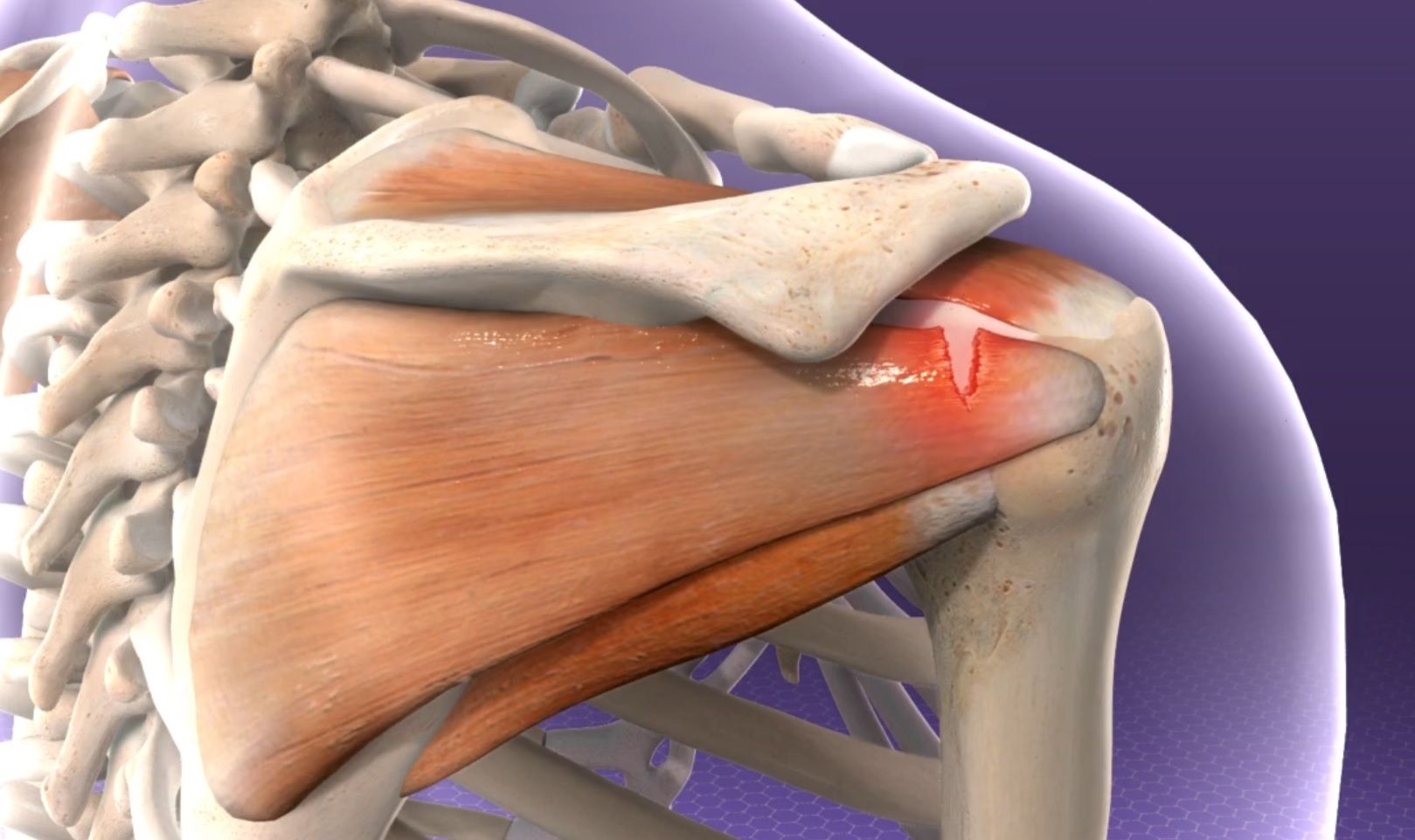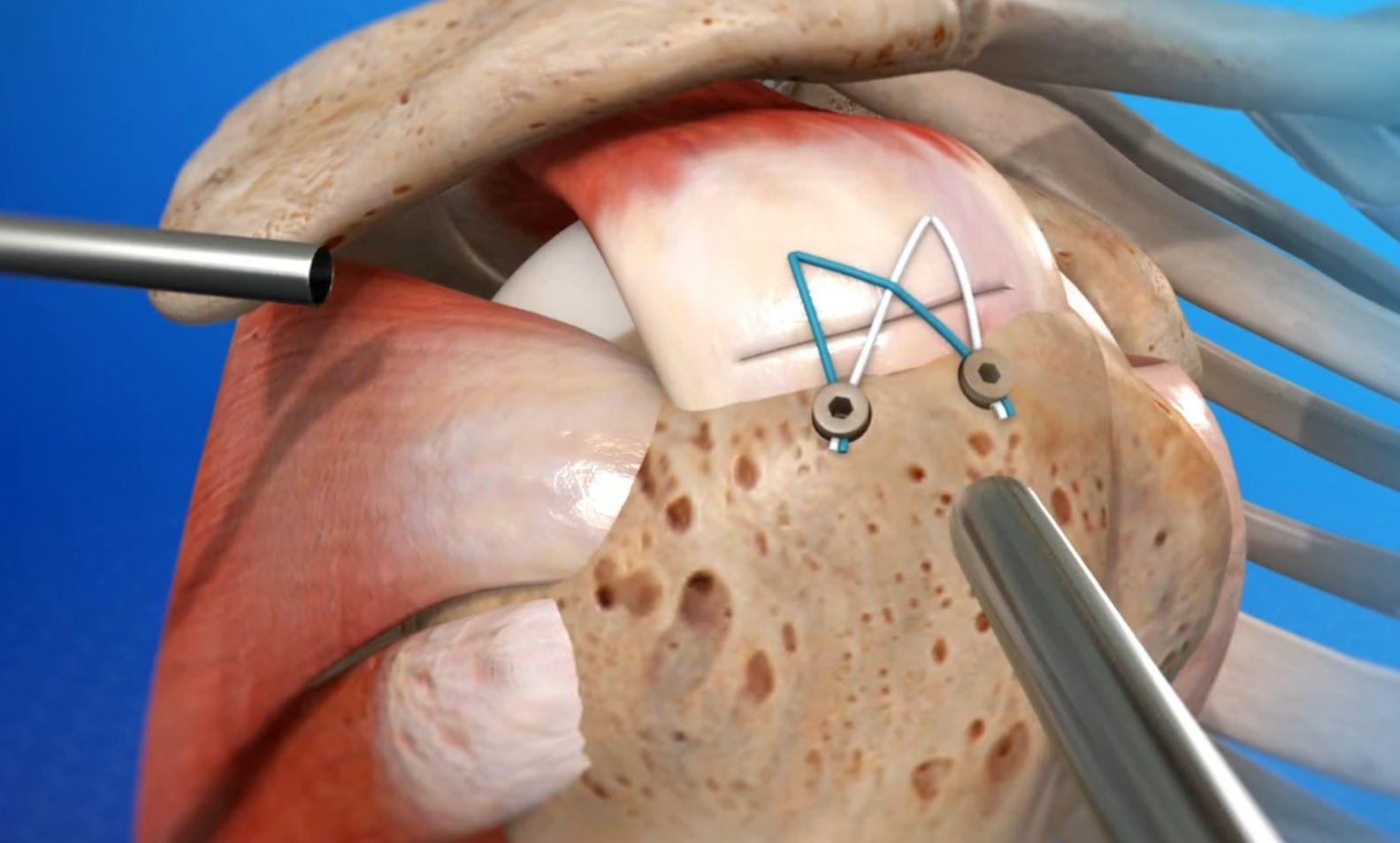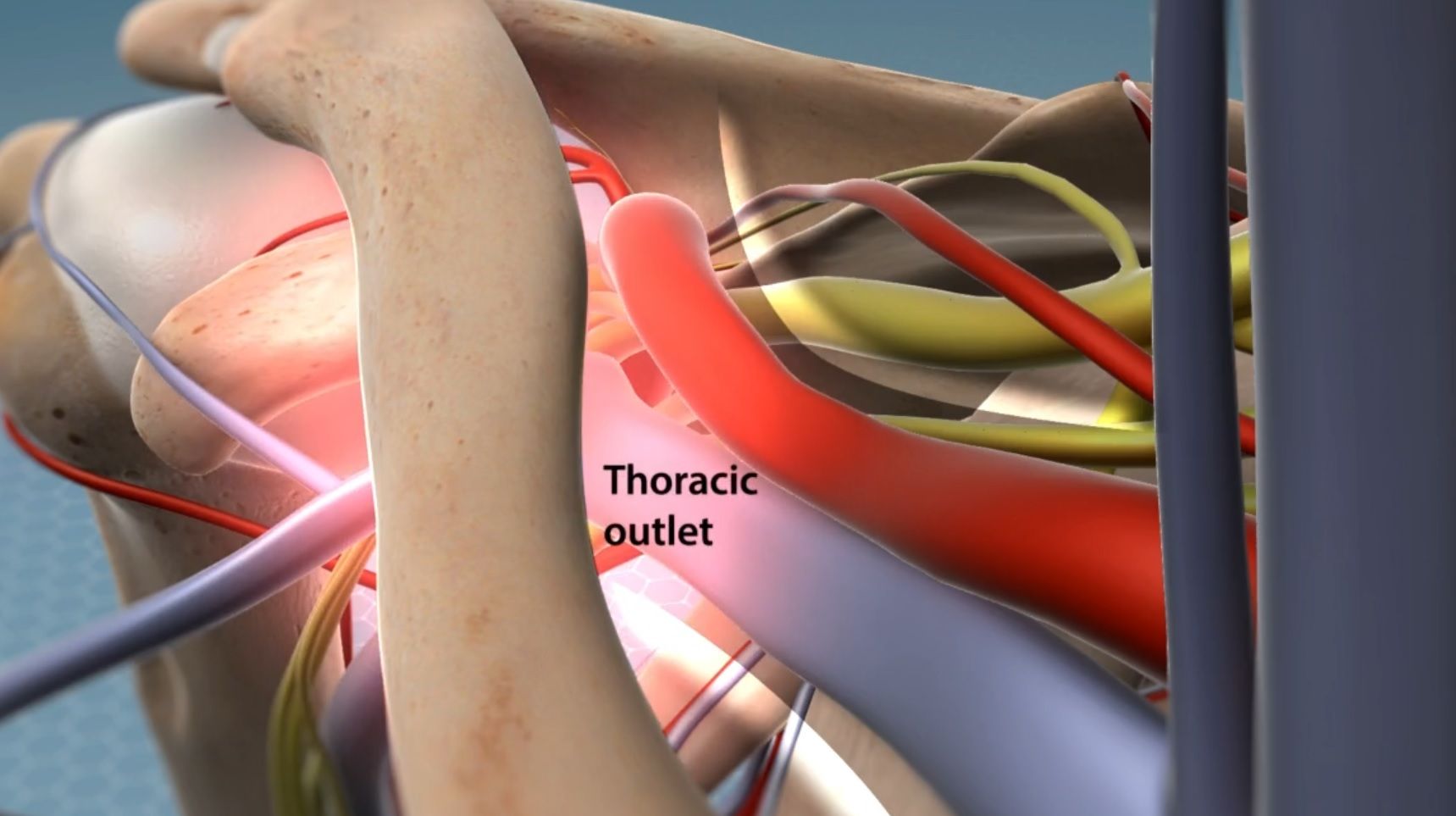Anatomy of the Shoulder
Anatomy of the Shoulder
Overview
The shoulder is comprised of three separate joints that work together for extensive range of motion. Here is a closer look at the main parts of the shoulder’s anatomy.
Bones
The shoulder involves three bones; the humerus (upper arm bone), the scapula (“shoulder blade”), and the clavicle (“collarbone”). These three bones are connected by the following joints.
Glenohumeral Joint
The humerus and scapula meet at the glenohumeral joint. The head of the humerus serves as the “ball” while the shallow cavity glenoid in the scapula is the joint’s “socket”. Tough but smooth articular cartilage covers the joint surfaces, with the glenoid having an additional cartilage ring called the labrum. The joint is connected by glenohumeral ligaments and is surrounded by a sac called the joint capsule. The glenohumeral joint allows the arm to be raised and rotated.
Acromioclavicular Joint
The acromioclavicular joint (AC joint) is where the scapula’s acromion meets the clavicle. The bone ends are covered with articular cartilage, are connected by the acromioclavicular ligament, and are stabilized by the coracoclavicular ligament. The AC joint is utilized for arm lifting.
Sternoclavicular Joint
The other end of the clavicle meets the sternum at the sternoclavicular joint, which allows the clavicle to move and plays a role in thrusting the arm and shoulder forward.
Rotator Cuff and Bursa
The muscles and tendons surrounding the glenohumeral joint are collectively called the rotator cuff. Between the rotator cuff muscles and the larger surrounding muscles lies a pocket of lubricating fluid called the subdeltoid bursa.
Revised from www.viewmedica.com © Swarm Interactive. Unauthorized duplication is strictly forbidden.
- Category / Anatomy




